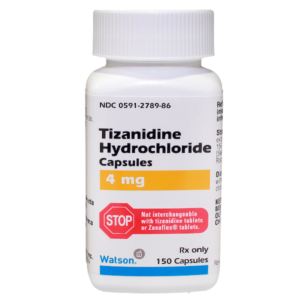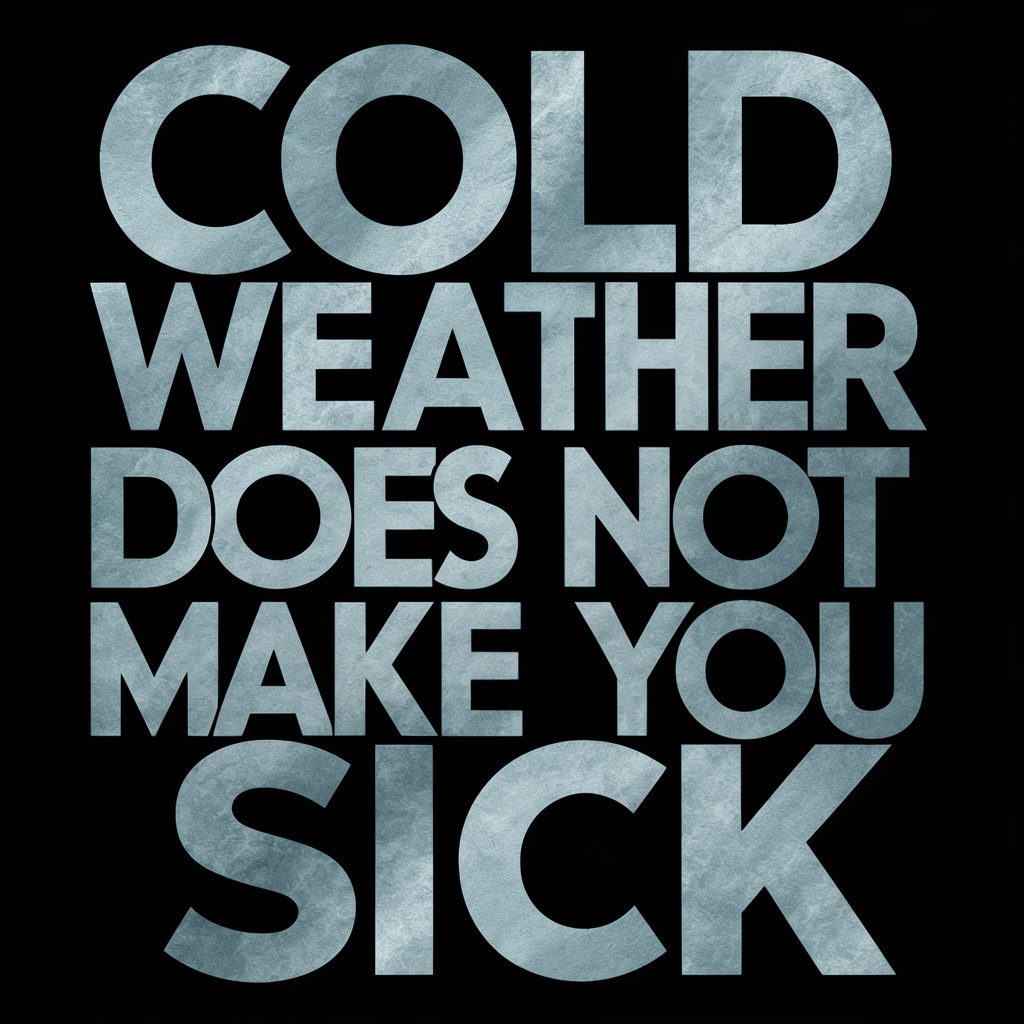
Ever stepped outside on a chilly day only to be bombarded with warnings like, “Put on a coat, or you’ll catch a cold!” or the classic, “Wear a hat, or you’ll let the cold in!”? It seems like from the moment we’re old enough to protest against wearing that extra layer, we’re told that braving the cold without proper attire is practically an invitation for viruses to start a party in our bodies. But let’s hit the pause button on these well-meaning but scientifically shaky admonitions and dive into what’s really going on. Is cold weather the villain it’s made out to be, or have we been giving it a bad rap all along?
In this article, “Busting the Chill: The Cold, Hard Truth About Weather and Sickness Myths,” we’re going to unravel the sweater of misconceptions stitch by stitch. We’ll explore whether there’s any truth to the age-old belief that cold weather can make you sick or if it’s just a case of mistaken identity. So, grab your favorite warm beverage (not because it’ll prevent a cold, but because it’s delicious), and let’s get to the bottom of this frosty mystery together.
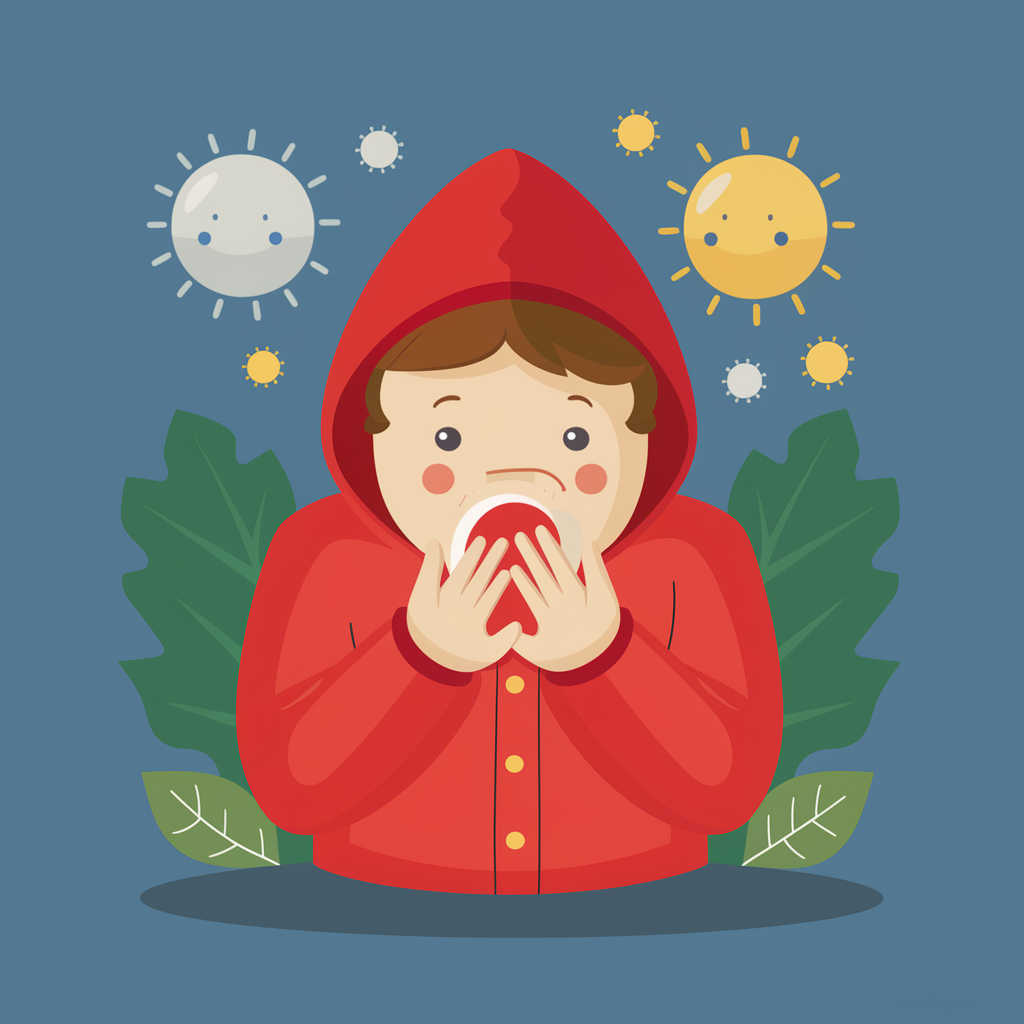
Does Cold Weather Really Cause Colds?
So, does stepping out into a winter wonderland sans scarf directly translate to a week spent nursing a runny nose and a pile of tissues? Let’s break it down. The common cold, as we’ve all been told, isn’t caused by the cold itself but by viruses. The main culprits? Rhinoviruses, among others, that thrive and spread more easily in cooler, drier climates. But here’s the kicker: it’s not the temperature drop that’s doing us dirty; it’s the viruses taking advantage of the conditions and our tendency to huddle indoors, sharing more than just cozy vibes.

The belief that cold weather is the direct cause of colds is a myth as old as time, or at least as old as the concept of catching a chill. Scientific studies have shown that while cold weather can influence the conditions under which viruses spread, it’s not the cold air itself that’s making you reach for the cough syrup. In fact, exposure to cold weather can have various effects on the body, but summoning a cold virus out of thin air isn’t one of them.
So, next time you hear someone say, “Put on a jacket, or you’ll catch a cold,” you can confidently reply, “Actually, it’s a bit more complicated than that.” Stay tuned as we dive deeper into how you actually get sick and why these cold weather myths persist.
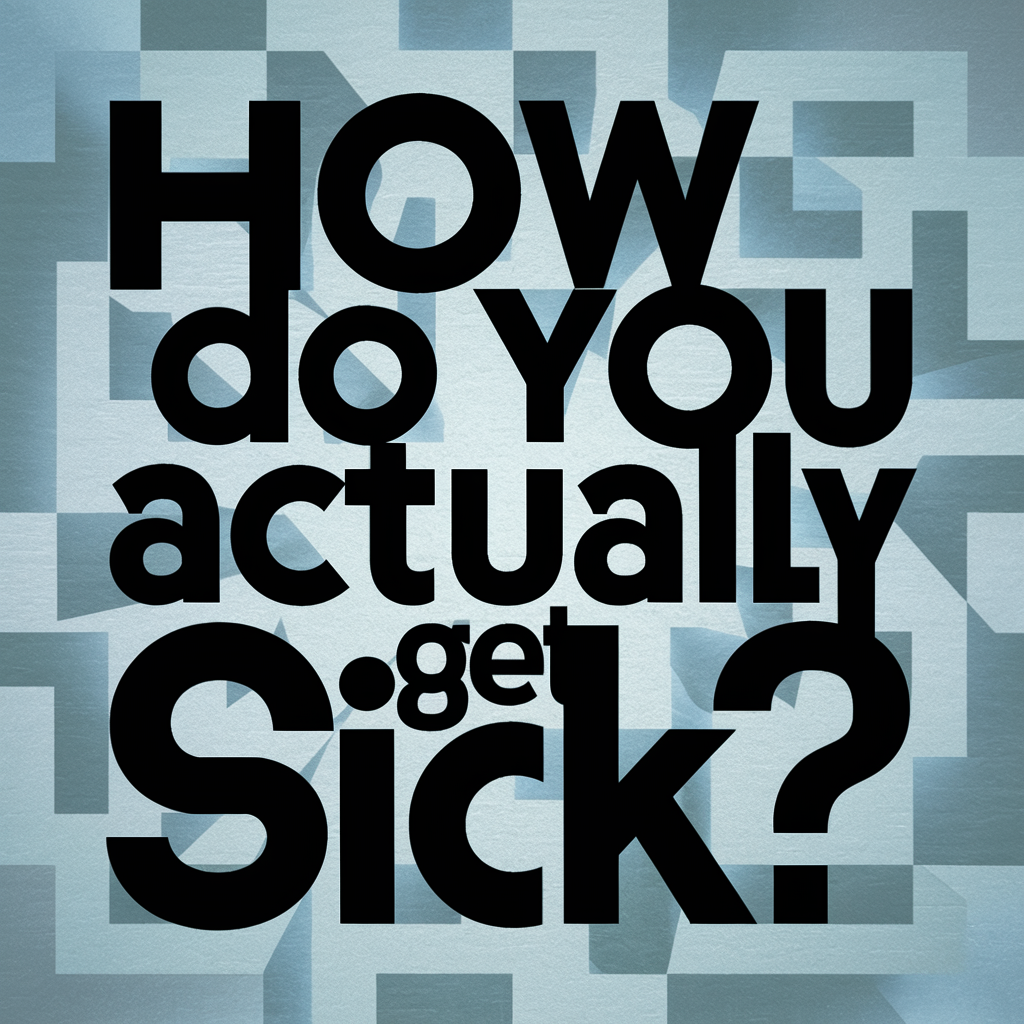
How Do You Actually Get Sick?
Understanding how we catch colds requires a bit of detective work. Viruses, the true perpetrators behind the sniffles and sneezes, are transmitted from person to person, not through the mere act of shivering in the cold. When someone infected with a cold virus coughs, sneezes, or talks, they release droplets into the air. You can catch the virus by inhaling these droplets or by touching surfaces contaminated with them and then touching your face.
But here’s where things get interesting. Not everyone who comes into contact with these viruses gets sick. The strength of your immune system plays a crucial role in determining whether you’ll be spending the week in bed or continuing with your daily routine unscathed. Factors like stress, lack of sleep, and poor nutrition can weaken your immune system, making you more susceptible to infections.
Speaking of health factors that might influence your susceptibility to getting sick, have you ever considered how other conditions, seemingly unrelated to the common cold, could affect your overall health? For instance, The Hidden Culprit: How TMD Affects More Than Just Your Jaw, sheds light on how temporomandibular joint disorder (TMD) can have broader health implications, potentially affecting your immune system’s ability to fend off illnesses.
So, while bundling up in cold weather might not directly shield you from viruses, maintaining a healthy lifestyle and managing stress can bolster your immune system. This, in turn, helps your body defend against the common cold and other illnesses more effectively. Next, we’ll explore whether cold weather can actually benefit your immune system, adding another layer to our understanding of the complex relationship between cold weather and health.

Can Cold Weather Benefit Your Immune System?
It might sound counterintuitive, given the widespread belief that cold weather is the enemy of good health, but there’s evidence to suggest that moderate exposure to cold can actually have some benefits for your immune system. Let’s chill with the myths for a moment and consider the science. Studies have shown that being cold itself doesn’t make you sick; rather, exposure to moderately cold temperatures can stimulate the immune response.
This stimulation can lead to an increase in certain immune cells that help fight off infections. Think of it as a workout for your immune system, where a bit of cold exposure is the exercise it needs to get stronger. However, like any good workout, timing and moderation are key. Overexposure to extreme cold without proper protection can have negative effects, but short, controlled exposure can potentially make your immune system more robust.
In the spirit of keeping our bodies in top-notch condition to ward off illnesses, it’s crucial to consider all aspects of health, including nutrition. For college students and busy adults alike, maintaining a balanced diet is a cornerstone of good health. How to Stay Healthy in College: Nutrition Tips for Students offers valuable advice on keeping your immune system fueled and ready to combat those pesky viruses, regardless of the weather.
So, while donning your winter gear as you step out into the cold might not directly prevent a cold, engaging in healthy practices, including occasional cold exposure, can play a part in a comprehensive approach to boosting your immune system. Up next, we’ll debunk some common cold myths and set the record straight on what really matters when it comes to preventing illness.
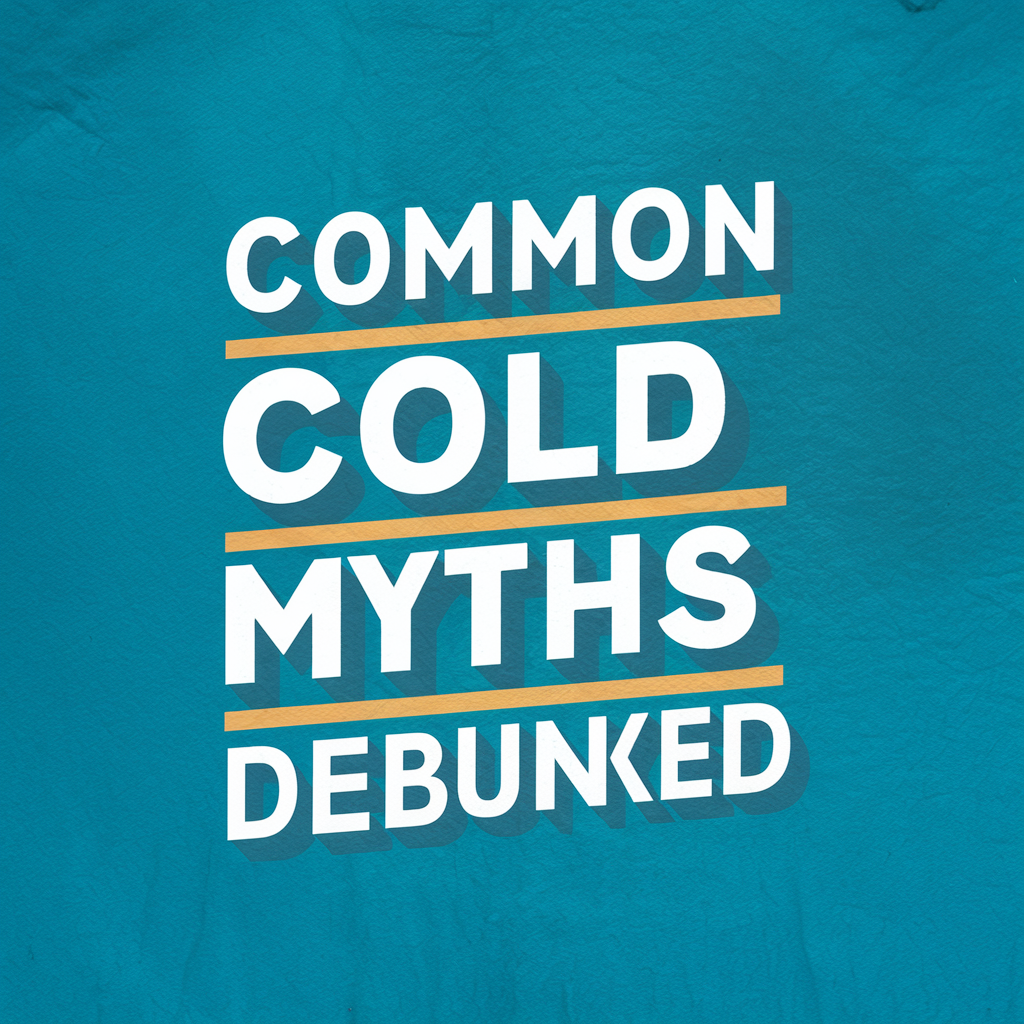
Common Cold Myths Debunked
As we navigate through the chilly seasons, it’s time to clear the air on some of the most persistent myths surrounding cold weather and sickness. Armed with science and a dash of common sense, let’s debunk these myths one by one.
Myth 1: Going out with wet hair in cold weather will make you sick. This old wives’ tale has more to do with mothers’ concerns than microbiology. The truth is, viruses cause colds, and they don’t care whether your hair is wet or dry. What matters is your exposure to the virus, not the state of your hair.
Myth 2: You’ll catch a cold if you don’t wear enough layers. While it’s true that dressing warmly can make you feel more comfortable in cold weather, the lack of layers itself isn’t going to summon a cold virus. It’s the increased likelihood of staying indoors and in close contact with others that raises your chances of catching a virus.
Myth 3: Cold weather weakens your immune system. This is a half-truth. While extreme conditions can stress the body and potentially impact your immune response, moderate cold exposure, as mentioned earlier, can actually strengthen your immune system.
For those who’ve experienced the frustration of constant sniffles and coughs, it might not be just the weather you should be blaming. Personal health conditions can also play a significant role in how often you find yourself battling sickness. My Battle with Post-Nasal Drip and Getting Sick explores how individual health issues, like post-nasal drip, can mimic or exacerbate symptoms of colds, leading to a cycle of perceived illness that’s more about underlying conditions than the weather outside.
Understanding these myths and the realities behind them helps us focus on what truly matters in preventing colds and flu: good hygiene, a strong immune system, and avoiding close contact with sick individuals. Next, we’ll dive into effective strategies for preventing colds and flu, beyond just bundling up against the cold.
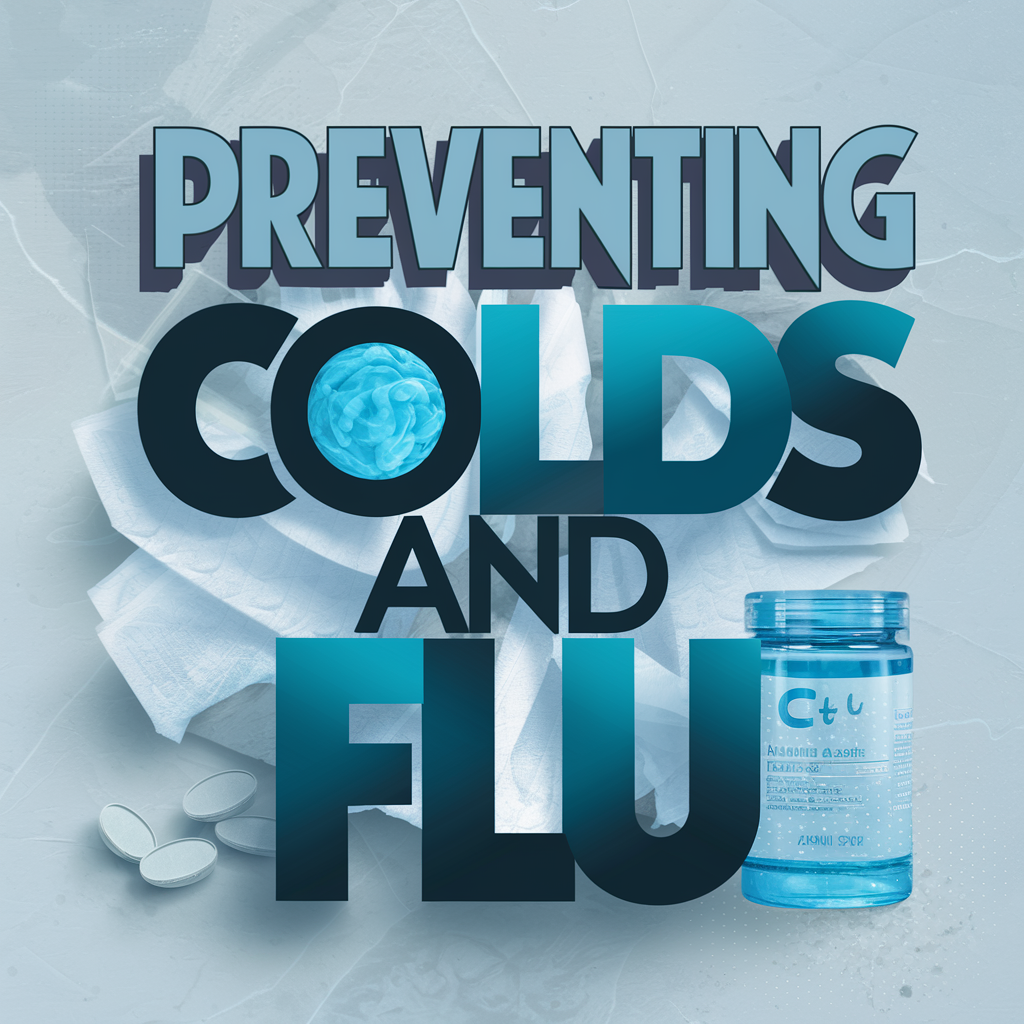
Preventing Colds and Flu: Effective Strategies
While we’ve debunked the myth that cold weather itself is a direct ticket to Sickville, it’s crucial to arm ourselves with strategies that genuinely prevent colds and flu. It turns out, the best defenses against these common illnesses are not just about what we wear but more about how we care for our bodies and environment.
First and foremost, hygiene is king. Regular handwashing with soap and water is a simple yet powerful way to stop the spread of germs. During cold and flu season, this practice becomes even more critical. Make it a habit to wash your hands frequently, especially before eating or touching your face.
Vaccination is your armor. Annual flu shots are your best bet in the fight against influenza. They’re designed to protect against the strains of flu virus that research indicates will be most common during the upcoming season. Getting vaccinated not only reduces your risk of getting the flu but also protects those around you.
Maintain a healthy lifestyle. A well-nourished body is better equipped to fend off infections. Eating a balanced diet rich in fruits, vegetables, and whole grains, staying hydrated, getting adequate sleep, and exercising regularly can all contribute to a stronger immune system.
Manage stress effectively. Chronic stress can take a toll on your immune system, making you more susceptible to viruses. Finding healthy ways to manage stress, such as through meditation, exercise, or hobbies, can help keep your immune system in fighting shape.
In the quest for health, it’s also important to be mindful of how we treat symptoms when they arise. Over-the-counter medications can provide relief, but it’s essential to use them wisely. Can Ibuprofen Cause Stomach Aches and Diarrhea? My Personal Struggle highlights the importance of being aware of potential side effects and considering personal health conditions when choosing how to manage symptoms.
By focusing on these proven prevention strategies, we can navigate cold and flu season more effectively, without falling prey to myths about cold weather and illness. Next, we’ll explore the role of our environment in illness and how we can adapt to minimize our risk of getting sick.
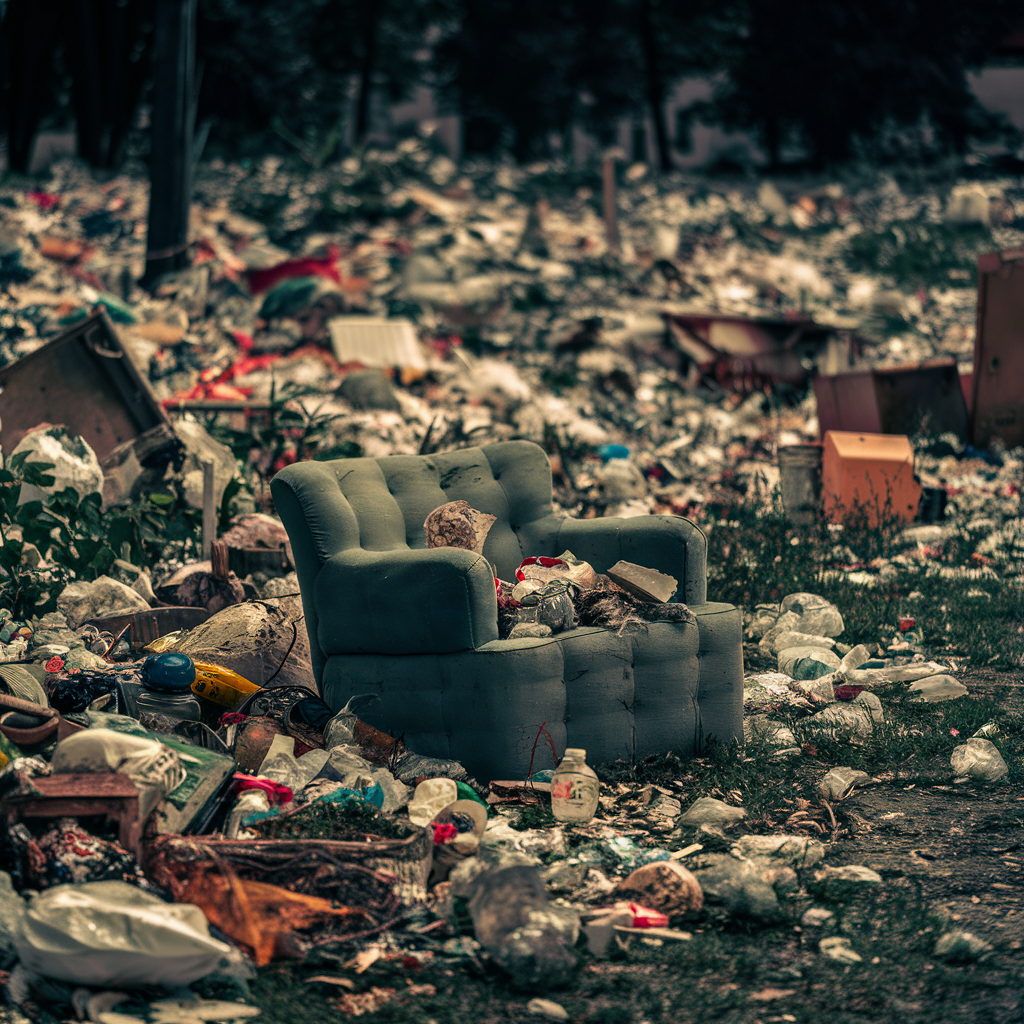
The Role of Environment in Illness
When it comes to staying healthy, especially during the colder months, our environment plays a pivotal role. It’s not just about the outdoor weather; the conditions inside our homes and workplaces significantly impact our health and the spread of viruses. Let’s delve into how our environments influence illness and what we can do to create healthier spaces.
Indoor Air Quality Matters. As temperatures drop, we tend to spend more time indoors, where the air can be 2 to 5 times more polluted than outside air, according to the EPA. Poor ventilation and heating systems can circulate and recirculate pathogens, including cold and flu viruses. Ensuring good ventilation and using air purifiers can help reduce the concentration of airborne contaminants.
Humidity Plays a Role. Viruses thrive in low humidity, which is common indoors during winter when heaters are running. Maintaining indoor humidity levels between 40% and 60% can help reduce the survival of flu viruses in the air and on surfaces. Humidifiers can be a valuable tool in achieving this balance.
Your Sleep Environment Counts. A good night’s sleep is crucial for immune function. The quality of your sleep environment—including your mattress and pillow—can significantly affect sleep quality. Neck Pain at Night? Your Pillow Might Be the Culprit explores how the right pillow can improve sleep quality and, by extension, support immune health.
Personal Space and Hygiene. In addition to managing air quality and humidity, personal hygiene practices like regular handwashing remain essential. Similarly, cleaning and disinfecting high-touch surfaces in your home and workplace can prevent the spread of viruses.
By taking proactive steps to manage our indoor environments, we can create spaces that support our health and reduce the risk of illness. This approach, combined with personal health practices, offers a comprehensive strategy for staying healthy, especially when cold weather keeps us indoors more often.
In our final section, we’ll wrap up with some thoughts on staying active and healthy regardless of the weather, emphasizing the importance of a holistic approach to health and wellness.

Staying Active and Healthy Regardless of the Weather
The connection between cold weather and illness has been thoroughly chilled by now. So, let’s turn up the heat on a topic that keeps us glowing with health all year round: staying active and maintaining a balanced lifestyle, no matter the season.
Embrace Indoor and Outdoor Activities. Cold weather doesn’t mean you have to hibernate. Dressing appropriately for the weather allows you to enjoy outdoor activities like walking, running, or even snow sports, which can boost your mood and immune system. Indoors, try yoga, home workouts, or dancing to keep the blood pumping and spirits high.
Nutrition is Your Fuel. Eating a variety of nutritious foods is crucial for keeping your immune system in top form. Winter offers a bounty of seasonal fruits and vegetables packed with vitamins and antioxidants that can help ward off illnesses. Don’t forget to stay hydrated too; warm teas and soups can be especially comforting and hydrating during the colder months.
Stay Connected. Social connections can improve your mental and physical health. While it’s important to avoid close contact with sick individuals, finding safe ways to stay connected with friends and family, such as virtual hangouts or outdoor gatherings, can boost your mood and immune system.
Prioritize Rest and Recovery. Adequate sleep is a cornerstone of good health. It’s when your body repairs itself and strengthens its defenses. Ensure your sleeping environment is conducive to rest, and consider strategies to improve sleep quality, such as limiting screen time before bed and establishing a relaxing nighttime routine.
Maintaining a healthy weight is also part of a holistic approach to health. Shed Pounds Swiftly: Proven Strategies for Rapid Weight Loss offers insights into balancing diet and exercise to achieve and maintain a healthy weight, further supporting overall well-being and immune function.
By adopting a comprehensive approach to health that includes staying active, eating well, connecting with others, and getting enough rest, we can enjoy robust health year-round, independent of the weather outside. This holistic strategy empowers us to live our best lives, with the strength and vitality to enjoy every season to its fullest.
As an Amazon Associate we earn from qualifying purchases through some links in our articles.


